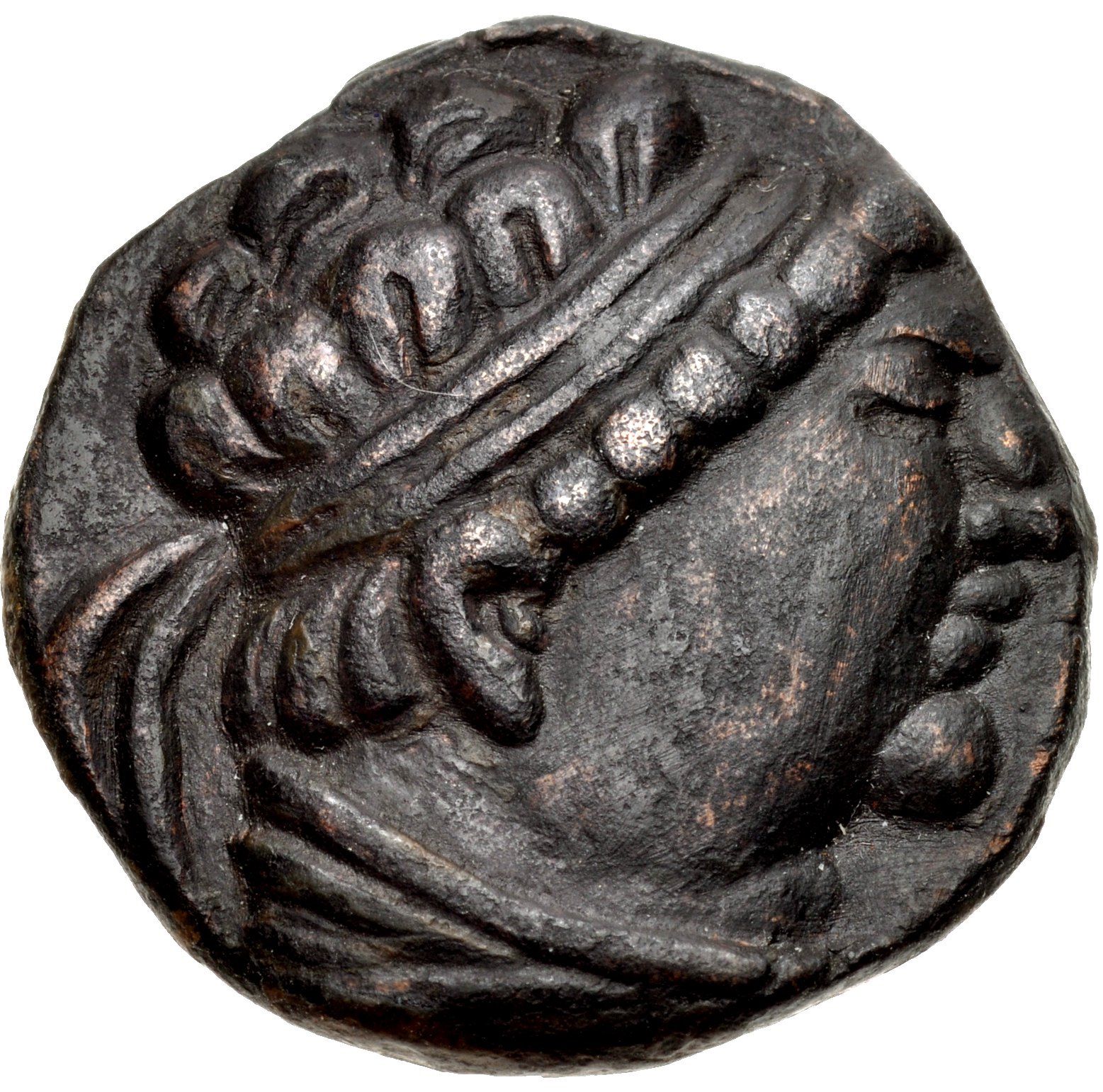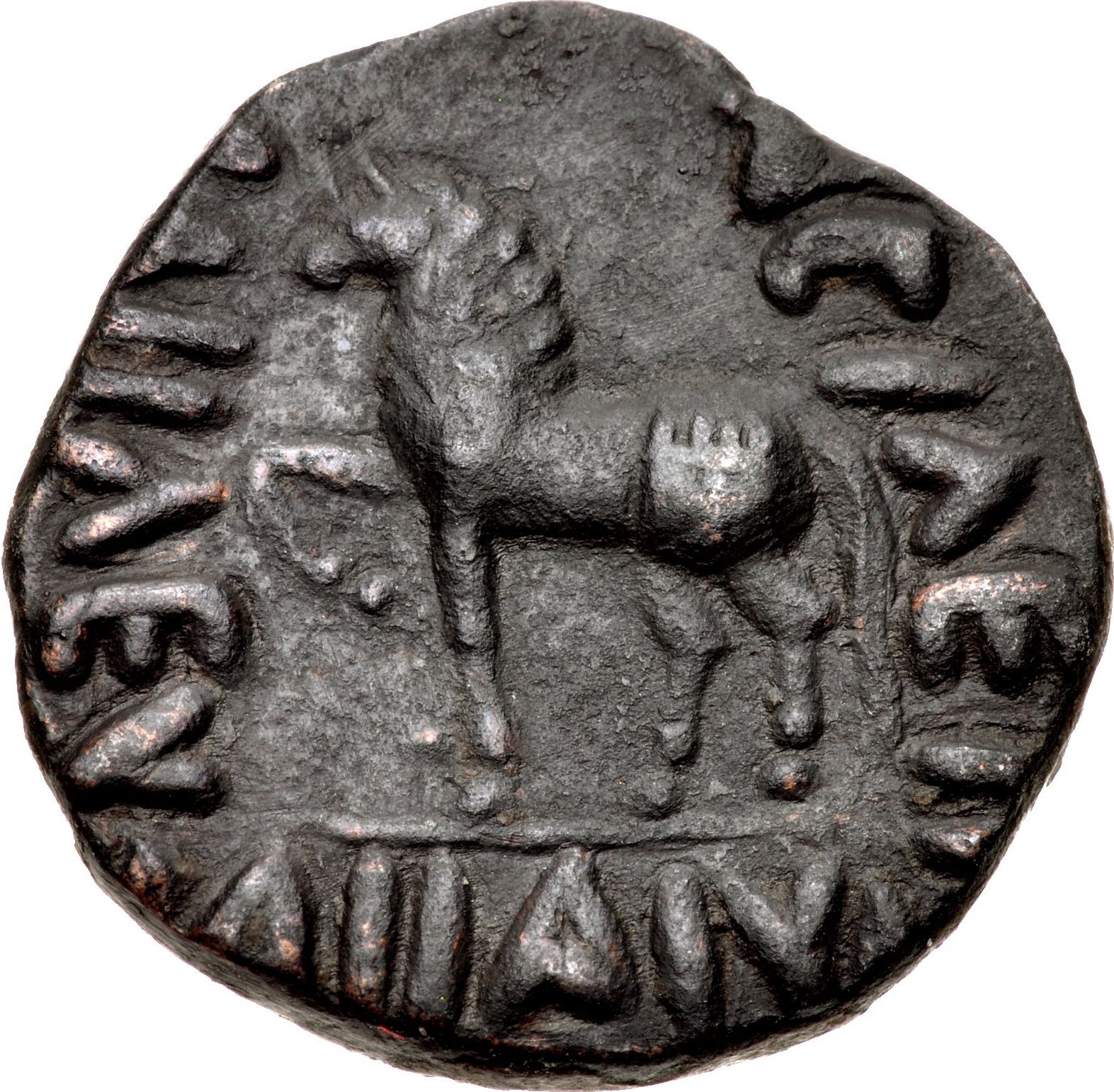

Kushan Empire Tetradrachm - Vima Takto
Description:
Tetradrachm Tetradrachm - Vima Takto coin from Kushan Empire. Design, history & value.
Introduction
The Tetradrachm coin featuring Vima Takto, a ruler of the illustrious Kushan Empire, stands as a testament to the rich numismatic history of ancient times. This bronze coin, minted between 90-113 AD, holds intrinsic historical and artistic significance.
Historical Background
The Kushan Empire, renowned for its vast territorial expanse and cultural influence, issued coins as a means of asserting authority and facilitating trade. Vima Takto, one of the prominent rulers of this empire, commissioned the striking of Tetradrachms, symbolizing power and prosperity.
Coin Images
 Obverse
Obverse
 Reverse
Reverse
Design Features
The obverse of the coin showcases a majestic diademed bust facing right, reflecting the regal aura of the ruler. On the reverse, a magnificent portrayal of a horse standing left with a raised foreleg captures the essence of strength and grace. The tamgha symbol adorning the horse's rump adds a touch of symbolism to the design.
Technical Specifications
This Tetradrachm coin has a weight of 13.77 grams and a diameter of 26.00mm, making it a substantial piece of ancient currency. Crafted from bronze, this coin exemplifies the skilled craftsmanship of the Kushan Empire's minting practices.
Collectible Value
The Kushan Empire Tetradrachm Vima Takto coin holds significant value in the numismatic world due to its historical provenance and intricate design elements. Collectors seek out this coin for its rarity and connection to a pivotal era in ancient history. The market value of this coin fluctuates based on factors such as condition, demand, and historical significance, making it a prized addition to any coin collection.
Conclusion
In conclusion, the Tetradrachm coin featuring Vima Takto from the Kushan Empire is a prized numismatic treasure, embodying the grandeur and legacy of a bygone era. Its exquisite design, historical importance, and collectible value make it a coveted piece for both seasoned collectors and enthusiasts of ancient coins. Acquiring this coin not only adds a tangible piece of history to a collection but also serves as a poignant reminder of the cultural richness of the Kushan Empire.

ScanMyCoin: AI Coin Recognition
Professional AI coin recognition and collection management platform. Identify, learn, and track your coin collection with advanced AI technology and a vast.